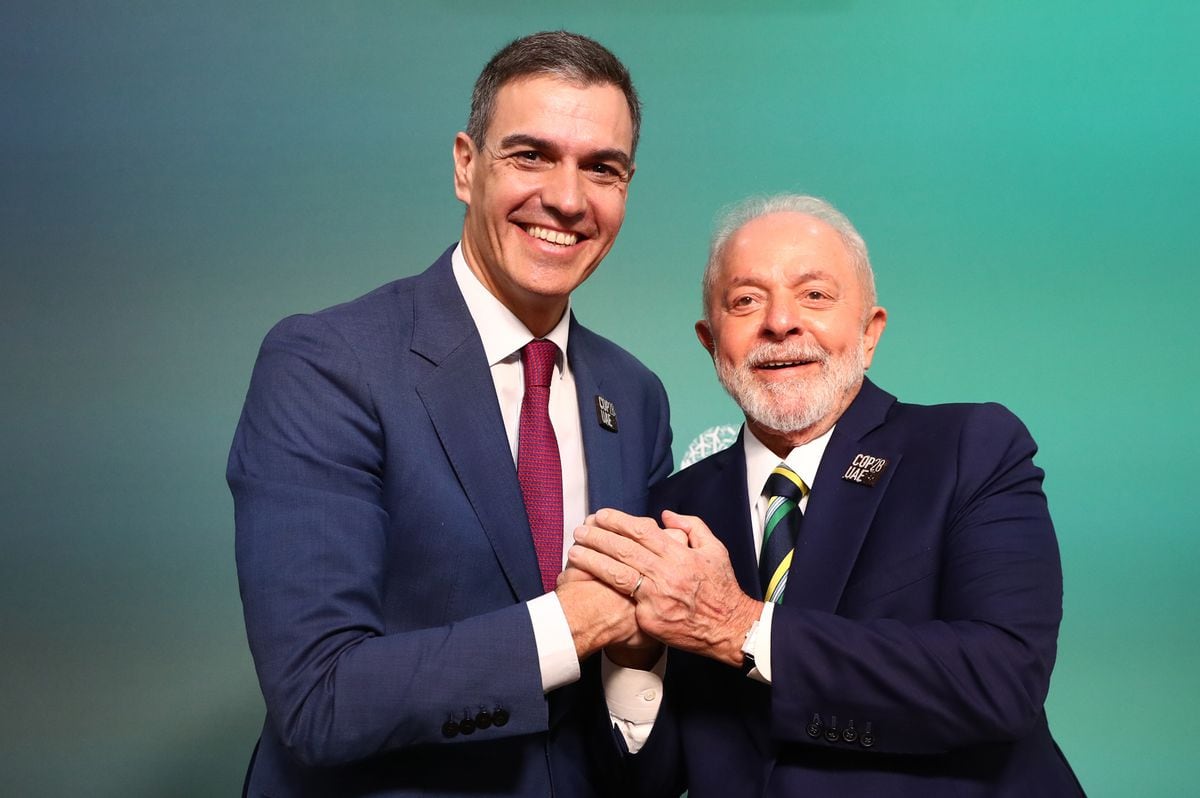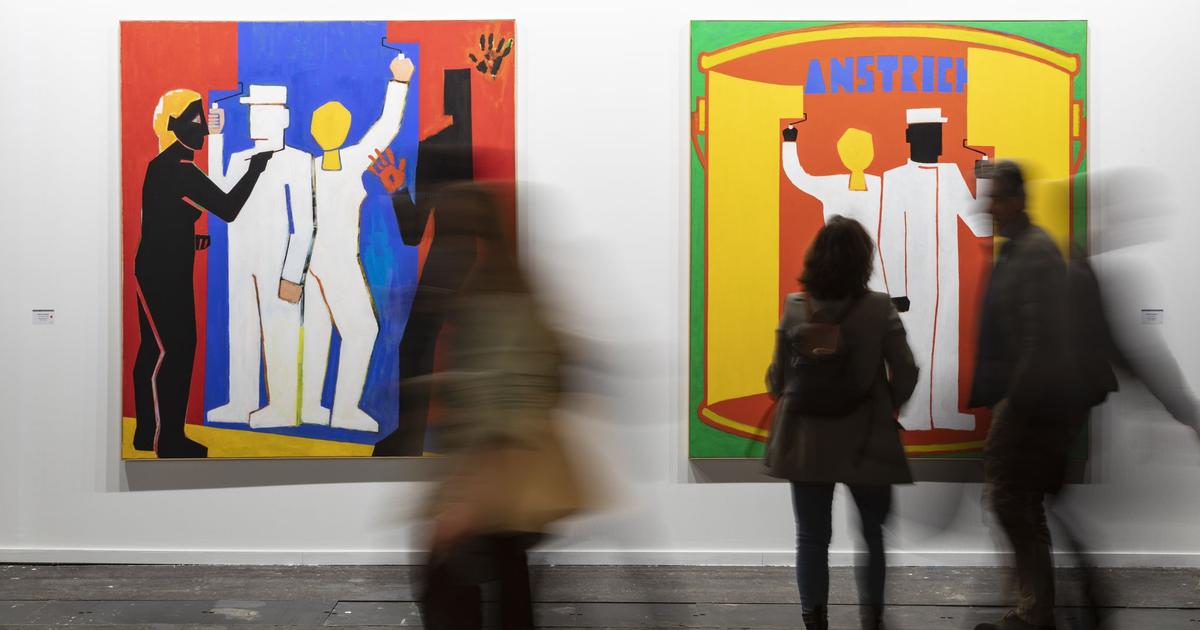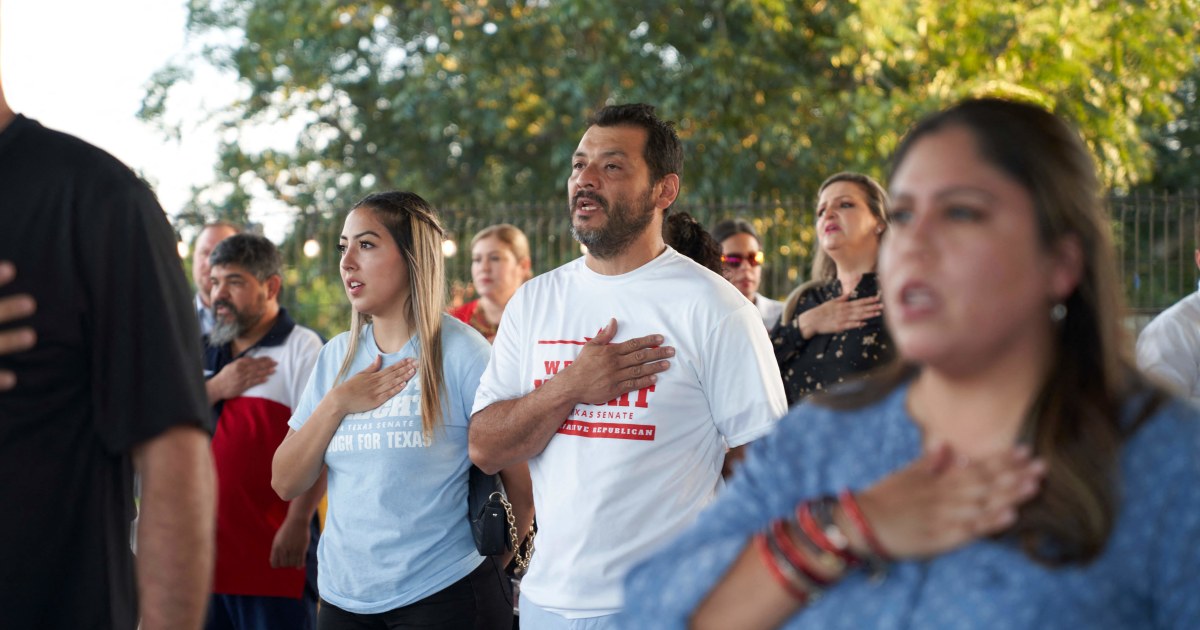The investiture speech delivered by Chilean President Gabriel Boric on March 11 at the Palacio de la Moneda in Santiago represents one of the key moments in presidential rhetoric.
There the historical roots are exalted, the fundamental values of the society project are highlighted and a vision of the future is exposed.
What is the generational renewal that it embodies?
And what does your society project consist of?
Far from the Marxist-Leninist language, the speech of rupture and the populist speech, the one that designates with a finger the elites responsible for the crisis, that of Boric is embedded in a symbolic logic, the one that seeks to amend a country that has suffered natural, economic, political and social crises.
The new values of Chilean society are present in his speech: vindication of the rights of the excluded and diverse population and the institutionalization of collective work to face current challenges.
A message that carries, above all, a new reference: that of an open, progressive society, where the central actor is the citizenry.
The first part of the speech is an appeal to the emotions and refers to those who allowed him to come to power.
If Boric does not mention God, a concept recognized in the prose of the Latin American right, his words reflect an almost Christian confession when committing himself to the Chilean people: “we came here to give ourselves body and soul to the commitment to make life better in our homeland".
The central figure of the speech is not his program, but his audience, which he addresses, humbly acknowledging that he is in power thanks to the student mobilizations.
His first reference is to those who suffered under the dictatorship.
There are the victims of violence and their families waiting for truth, justice, reparation and non-repetition.
Also included are the diverse communities that have been excluded due to their sexual condition, the social leaders who have struggled to obtain a decent roof over their heads, the middle class, and Chileans from the most isolated areas.
He directs a special mention to the artists who cannot live from their work.
Although there is no break with the capitalist model, the imaginary will be different in the Boric era.
The discourse of the right, attached to figures and economic growth, becomes one more attentive to inequalities: "when there is no distribution of wealth, when wealth is concentrated only in a few, peace is very difficult." ”.
The lexical field of feelings abounds in his intervention and the demonized Boric as a man of the radical left, proves empathy, commitment and humanism.
Then, in a more serious tone and leaving the emotions behind, he recalls the darkest moments in Chilean history, through the coup d'état and the violence against indigenous communities.
It makes an important recognition to those who fought for public education, women's rights, social rights and the democratization of the country.
The historical role of figures such as Juan Manuel Balmaceda (1840-1891) and Pedro Aguirre Cerda (1879-1941) stands out.
Following in the footsteps of Aguirre Cerda, who created the Breed Secretariat and free hours, Boric wants to keep his promise to reduce work from 45 to 40 hours a week so that Chileans can enjoy their families.
He did not stop naming the former presidents of the Concertación that marked the return to democracy, from Patricio Aylwin to Michelle Bachelet, the first woman defense minister in Latin America and twice president of Chile.
In the international arena, Boric criticized, even without mentioning them, those governments that violate human rights, such as Venezuela, Cuba and Nicaragua, and asked for respect regardless of the "color of the government that violates."
Although the challenges he will have to face are part of a global agenda, climate emergency, migration, globalization, energy crisis, violence against women, the new president vehemently mentioned a greater challenge: the crisis in the Araucanía region.
His words expose another view of the conflict, not from repression and authority, but from dialogue, the social and the recovery of the rights of the Mapuche indigenous people.
The policy change will be total.
To historical realities such as abuse and dispossession, he opposes trust, dialogue and empathy.
Undoubtedly, the most moving call of his speech was given when he recalled the famous phrase of Salvador Allende half a century ago: "we are again, compatriots, opening the great avenues through which the free man, the free man and the free woman, pass, to build a better society”.
Can the wave of Gabriel Boric influence Latin America?
The discourse towards the popular classes, minorities and the creation of a new, fairer and more collective social contract is a meeting point between the projects of Gabriel Boric and Gustavo Petro, the candidate with more options in the Colombian presidential elections.
Both defend progressivism and are very far from communism or socialism.
Rather than revolution, they advocate a more humane model in defense of life and the fight against climate change.
Before equality, they prefer freedom, that which is obtained through education and knowledge.
Before unilateralism, typical of Trumpism or Bolsonarism, his model advocates a multilateral vision where the world and progressive alliances are at the forefront.
María Fernanda González Binetti
is a professor of Political Science at Sciences Po in Paris and at the Camilo José Cela University in Madrid.
Exclusive content for subscribers
read without limits
subscribe
I'm already a subscriber








/cloudfront-eu-central-1.images.arcpublishing.com/prisa/RHYRDMQQ7BG5JOUSKAXBLKE6YE.jpg)
